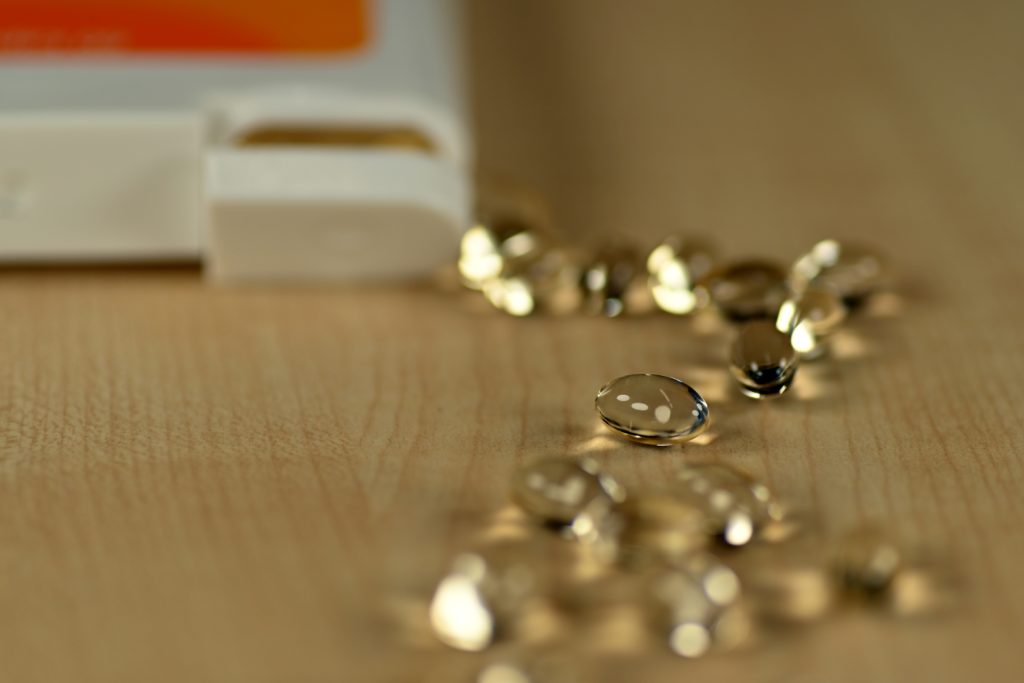What is Mast Cell Activation Syndrome (MCAS)?
MCAS is a complex medical condition where there is an abnormal activation of mast cells in the body. Mast cells are a type of immune cell involved in the body’s inflammatory response and play a crucial role in allergic reactions. However, in individuals with MCAS, mast cells become hyperresponsive and release excessive amounts of chemical mediators, such as histamine, even in the absence of a trigger.
MCAS Treatment options at Merge Health
At Merge Health, we focus on lifestyle modifications, stress management techniques, dietary adjustments and natural remedies to support the body’s natural healing processes. This includes incorporating anti-inflammatory foods into your diet, practising mindfulness or meditation to reduce stress, engaging in gentle exercise or movement therapies, such as yoga or tai chi, and exploring complementary therapies like acupuncture or herbal medicine.

Diagnosing and testing for Mast Cell Activation Syndrome
The first step to get help if you have MCAS is to book your wellness kickstarter. See our unique approach here.
Symptoms for MCAS
Skin reactions
Flushing, redness, itching,and hives are common skin reactions to MCAS. These symptoms may occur spontaneously or in response to triggers such as stress, heat, or certain foods. Swelling beneath the skin’s surface can also occur, typically affecting the face, lips or throat.
Gastrointestinal symptoms
Abdominal pain, nausea, vomiting, diarrhoea and constipation are frequent gastrointestinal symptoms in those with MCAS. These symptoms may be a result of the release of inflammatory mediators by mast cells in the gastrointestinal tract, leading to inflammation and dysmotility.
Cardiovascular symptoms
Mast cell activation can lead to cardiovascular symptoms such as rapid heart rate, low blood pressure and palpitations. These symptoms may occur in response to stress, physical exertion or exposure to triggers.
Neurological symptoms
MCAS can affect the central nervous system, contributing to headaches, migraines, dizziness, brain fog and mood disturbances.
FAQs
What drugs worsen MCAS?
Certain medications may make symptoms worse by triggering mast cell activation or increasing histamine release. Common culprits include nonsteroidal anti-inflammatory drugs such as aspirin and ibuprofen, opioids, certain antibiotics and some antidepressants. Additionally, alcohol, stress and environmental factors can also contribute to mast cell activation.
Will there ever be a cure for MCAS?
Unfortunately, there’s currently no known cure for MCAS, but ongoing research aims to better understand the condition and develop more effective treatments.
Management of MCAS focuses on symptom control, trigger avoidance and lifestyle modifications to improve quality of life. With advancements in research and personalised treatment plans, those with MCAS can often achieve significant symptom relief and better manage their condition.
How do you get out of an MCAS flare?
When managing a flare-up, you have to identify and address your triggers, reduce exposure to allergens and irritants, and implement strategies to stabilise mast cells and alleviate symptoms. During a flare, it’s essential to stay hydrated, avoid known triggers and follow the instructions given to you by your health practitioner to help control symptoms such as itching, flushing, and gastrointestinal distress. Rest, stress management techniques and supportive measures such as cool compresses or baths may also provide relief during a flare.
Does MCAS ever go away?
While it may be possible for some to experience periods of remission or symptom improvement with appropriate management, MCAS typically doesn’t resolve completely on its own. Working closely with your health practitioner can help to develop a personalised treatment plan and optimise long-term outcomes.
Health insights
- Vitamin D deficiency and fatigueWe are now learning that vitamin D is a very important substance in the body. Vitamin D is actually a misnomer as it is not actually a vitamin but a hormone.
- 8 keys to get into the mindset of getting better from sicknessMost of us who have suffered from a chronic illness soon realise it is a journey, which is usually filled with trial and error and lots of experimentation.
- What is a Fatigue Management Plan?A fatigue management plan should include a comprehensive lifestyle change. We all know we are what we eat, but we are also a product of other lifestyle aspects such as sleep, exercise, and stress.
Appointment type
Online
Phone
In person
Groups




